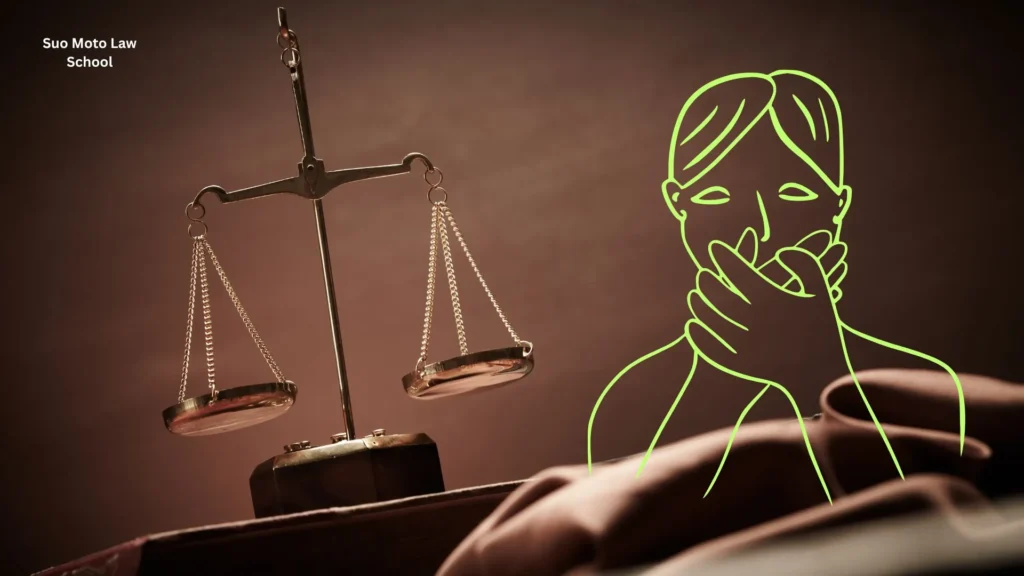Facts of Mehedi Hasan vs State Case
A schoolgirl of class four named Trisha, the victim, who was a minor, was returning home from school on 17th July 2002. When she reached near the Gaibandha Madhyapara Maternity Center, the appellants blocked her way, and the victim, being frightened, started running away towards Khapara Lane. The appellants, chasing her, took her to the bank of Idris Ali’s pond and surrounded her. Finding no other alternative, the victim jumped into the pond. The appellants did not rescue her, and as the victim could not swim, she drowned in the water.
Issues of the Case
Whether the facts proved by the prosecution attract an offense punishable under Section 302/34 of the Penal Code in the case of Mehedi Hasan vs State?
Decisions
The Appellate Court decided that the appellants could not be convicted under Section 302/34 of the Penal Code. Instead, their conviction was altered to fall under Section 7 of the Nari O Shishu Nirjatan Daman Ain, 2000, with a reduced sentence of 14 years, considering their age (below 20 years).

Observation
Prosecution’s Failure to Prove Intention or Knowledge
The prosecution failed to establish that the appellants had the intention or knowledge (as required under Section 299) to cause the victim’s death. For a conviction under Section 302, there must be:
- Intention to cause death;
- Intention to cause such bodily injury likely to result in death; or
- Knowledge that the act would likely result in death.
The victim’s decision to jump into the pond was spontaneous (“spur of the moment”), and the appellants did not compel her to do so. Hence, the act does not qualify as culpable homicide amounting to murder.
Role of Appellants
Although the appellants’ attempt to abduct the victim was deliberate, their actions only accelerated the victim’s death. This falls short of proving culpable homicide.
Jurisdiction
It was argued that the case should have been tried under the Nari O Shishu Nirjatan Daman Ain, 2000, as it specifically deals with offenses related to women and children.
Conviction Altered
The Appellate Court invoked Article 104 of the Constitution to convert the conviction. Considering the appellants’ age, their punishment was reduced to 14 years.
Case Law References
- R v. White (1910) KB 224: Established the principle of causation in criminal law, where an act must have directly caused the prohibited outcome. Here, the victim’s independent action (jumping into the pond) broke the chain of causation.
- Sweet v. Parsley (1970) AC 132: Emphasized the necessity of proving mens rea (mental intent) for serious offenses, reinforcing the argument that mere presence or circumstantial involvement without intent does not suffice for conviction under Section 302.
Key Legal Points
- Section 302/34: Requires proof of common intention and knowledge/intention to cause death. These elements were not proven in this case.
- Nari O Shishu Nirjatan Daman Ain, 2000: More appropriate for the offense given the circumstances, as it deals with acts of violence or exploitation against women and children.
- Article 104 of the Constitution: Enabled the Court to revise the punishment based on age and other mitigating factors.
